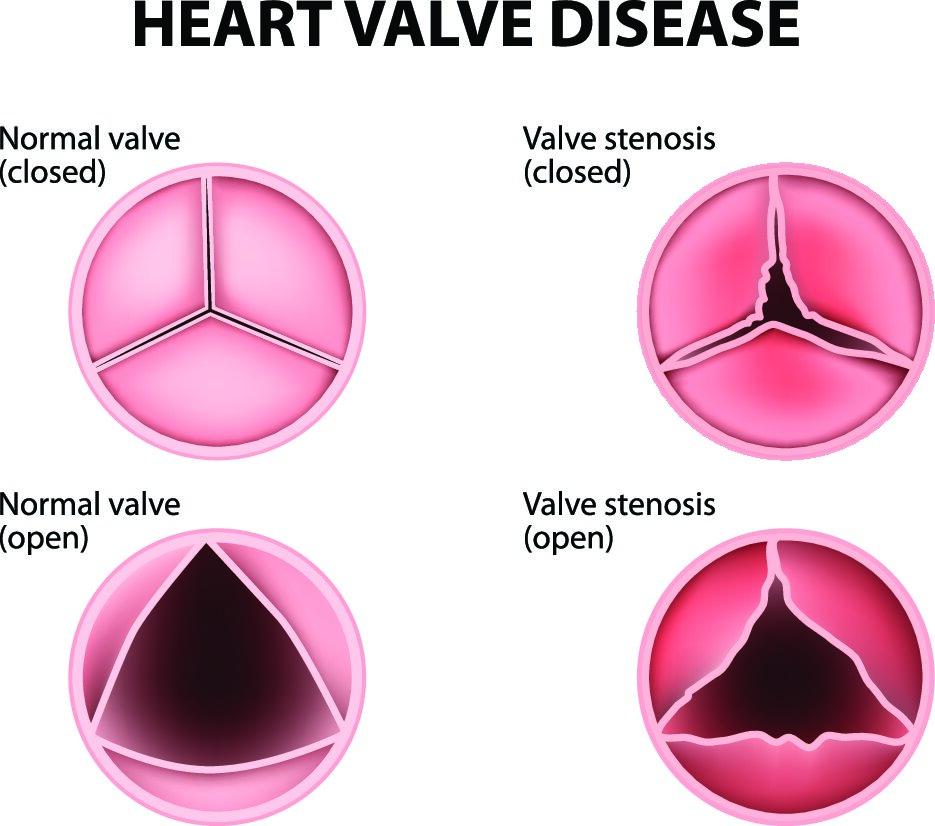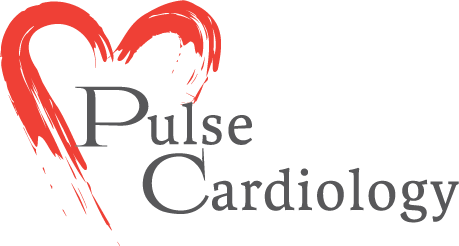Valvular Heart Disease, Symptoms, and Treatment
What is Valvular Heart Disease?
Valvular Heart Disease is a medical condition that should be treated as soon as it is diagnosed in a patient.
Here, a single or more than one valves present in the patient’s heart could fail to work properly thus leading to a myriad of symptoms.
The immediate and alarming side effect of Valvular Heart Disease is a disruption in the once normal blood flow through the heart and subsequently to the various parts of the body.
This disease has two known types:
Valvular stenosis
This condition arises when the opening of a valve of the patient’s heart is smaller than usual – a result of fused or stiffened leaflets.
Valvular insufficiency
Otherwise known simply as a leaky or incompetent valve that promotes regurgitation in the patient’s heart. It is the result when the affected valve in the patient’s heart is unable to close tightly.

Causes
Valvular heart disease causes are as follows:
- Congenital valve disease – this affects the pulmonic or aortic valve.
- Bicuspid aortic valve disease – this affects the aortic valve which results in the valve not opening or closing properly.
- Acquired valve disease – it can be the result of other diseases or infections such as rheumatic fever or endocarditis.
- Other causes – syphilis (an STD), a recent heart attack, coronary artery disease, cardiomyopathy (a type of heart muscle disease), hypertension (the medical term for high blood pressure – a result of excess work-related stress), connective tissue diseases and aortic aneurysms.
- Valvular heart disease could also be the side effect of tumors, drugs and radiation therapy.
Symptoms
Valvular heart disease symptoms are as follows:
- Shortness of breath or difficulty breathing normally.
- Unexplained bouts of dizziness or weakness – even when the patient is at rest.
- A patient could also sense discomfort in his/her chest.
- Spells of palpitation is common.
- Ankles, abdomen or the feet of the patient may or may not swell.
Click here to learn how Cholesterol affects the heart
Treatment
Valvular heart disease treatment consists of the following:
Medications – this may or may not include:
- ACE inhibitors – it is a form of vasodilator that prevents heart failure by arresting excessive blood pressure.
- Antiarrhythmic medications – these will help to maintain a normal heartbeat rate.
- Beta-blockers – also act as a high blood pressure arrestor. It is prescribed to patients who suffer from palpitations.
- Anticoagulants (otherwise known as “blood thinners”) – these help in reducing the chances of developing blood clots in the patient’s affected heart valves.
- Diuretics (otherwise known as “water pills”) – These helps in the removal of excess unwanted fluid from your bloodstream thereby reducing the chances of heart failure.
- Vasodilators – eases the pressure on your heart as well as improves overall blood flow in the forward direction.
Surgery and related procedures – this may or may not include:
Completely replacing the affected heart valve or repairing the same using minimally invasive surgical procedures like percutaneous balloon valvotomy.
Whether you are prescribed medications or you were operated on by your doctor, to arrest further deterioration of the valves of your heart, post-treatment, you would need to make significant changes in your lifestyle and diet. The changes could be either comprehensive or brief and will depend on your condition. Be sure to ask your doctor for the best results.
